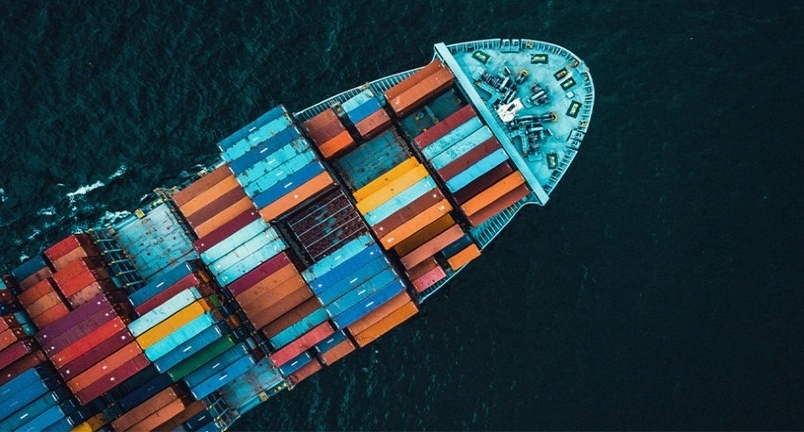A.P. Moller - Maersk to launch world’s first carbon neutral liner vessel by 2023
A.P. Moller - Maersk will launch the world’s first carbon neutral liner vessel in 2023.

- The launch is seven years ahead of the initial 2030 ambition.
- Around half of Maersk’s largest customers have set or are in the process of setting zero carbon targets for their supply chains.
February 18, 2021: A.P. Moller - Maersk will launch the world’s first carbon neutral liner vessel in 2023 - seven years ahead of the initial 2030 ambition. All future Maersk owned new buildings will have dual fuel technology installed, enabling either carbon neutral operations or operation on standard very low sulphur fuel oil (VLSFO).
“A.P. Moller - Maersk’s ambition is to lead the way in decarbonising global logistics. Our customers expect us to help them decarbonise their global supply chains, and we are embracing the challenge, working on solving the practical, technical and safety challenges inherent in the carbon neutral fuels we need in the future. Our ambition to have a carbon neutral fleet by 2050 was a moonshot when we announced in 2018. Today we see it as a challenging, yet achievable target to reach,” said Soren Skou, CEO, A.P. Moller - Maersk.
Around half of Maersk’s 200 largest customers have set or are in the process of setting ambitious science-based or zero carbon targets for their supply chains, and the figure is on the rise.
Maersk’s methanol feeder vessel will have a capacity of around 2,000 TEUs and be deployed in one of its intra-regional networks. While the vessel will be able to operate on standard VLSFO, the plan is to operate the vessel on carbon neutral e-methanol or sustainable bio-methanol from day one.
“It will be a significant challenge to source an adequate supply of carbon neutral methanol within our timeline to pioneer this technology. Our success relies on customers embracing this ground breaking product and strengthened collaboration with fuel manufacturers, technology partners and developers to ramp up production fast enough,” said Henriette Hallberg Thygesen, CEO of fleet and strategic brands, A.P. Moller - Maersk.
Both the methanol-fuelled feeder vessel and the decision to install dual fuel engines on future newbuildings are part of Maersk’s ongoing fleet replacement.
A carbon neutral future for shipping requires innovation, test and collaboration across multiple industry partners. Maersk continues to explore several carbon neutral fuel pathways and expects multiple fuel solutions to exist alongside each other in the future. Methanol (e-methanol and bio-methanol), alcohol-lignin blends and ammonia remain the primary fuel candidates for the future.
A key collaboration partner is the Maersk Mc-Kinney Moller Center for Zero Carbon Shipping, an independent, non-profit research and development center, which works across sectors, organisations, research areas and regulators to accelerate the development and implementation of new energy systems and technologies.


